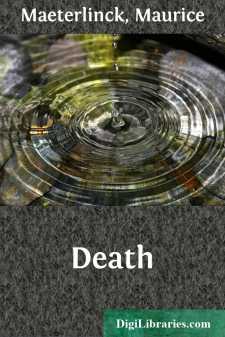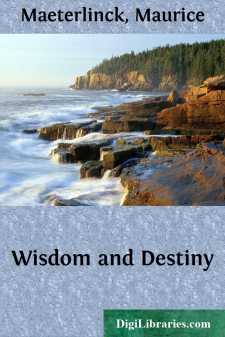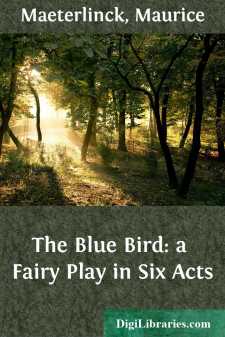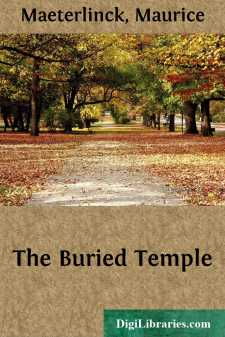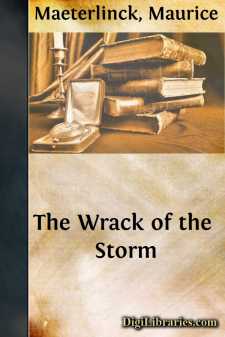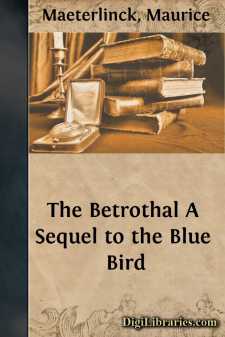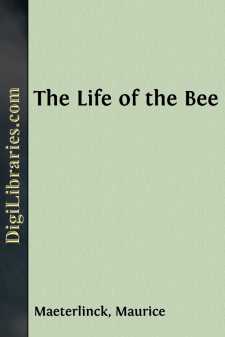Categories
- Antiques & Collectibles 13
- Architecture 36
- Art 48
- Bibles 22
- Biography & Autobiography 815
- Body, Mind & Spirit 144
- Business & Economics 28
- Children's Books 18
- Children's Fiction 14
- Computers 4
- Cooking 94
- Crafts & Hobbies 4
- Drama 346
- Education 58
- Family & Relationships 59
- Fiction 11834
- Games 19
- Gardening 17
- Health & Fitness 34
- History 1378
- House & Home 1
- Humor 147
- Juvenile Fiction 1873
- Juvenile Nonfiction 202
- Language Arts & Disciplines 89
- Law 16
- Literary Collections 686
- Literary Criticism 179
- Mathematics 13
- Medical 41
- Music 40
- Nature 179
- Non-Classifiable 1768
- Performing Arts 7
- Periodicals 1453
- Philosophy 65
- Photography 2
- Poetry 896
- Political Science 203
- Psychology 44
- Reference 154
- Religion 515
- Science 126
- Self-Help 85
- Social Science 83
- Sports & Recreation 34
- Study Aids 3
- Technology & Engineering 59
- Transportation 23
- Travel 463
- True Crime 29
Our website is made possible by displaying online advertisements to our visitors.
Please consider supporting us by disabling your ad blocker.
Death
Description:
Excerpt
DEATH
OUR IDEA OF DEATH
It has been well said:
“Death and death alone is what we must consult about life; and not some vague future or survival, in which we shall not be present. It is our own end; and everything happens in the interval between death and now. Do not talk to me of those imaginary prolongations which wield over us the childish spell of number; do not talk to me—to me who am to die outright—of societies and peoples! There is no reality, there is no true duration, save that between the cradle and the grave. The rest is mere bombast, show, delusion! They call me a master because of some magic in my speech and thoughts; but I am a frightened child in the presence of death!”
II
That is where we stand. For us, death is the one event that counts in our life and in our universe. It is the point whereat all that escapes our vigilance unites and conspires against our happiness. The more our thoughts struggle to turn away from it, the closer do they press around it. The more we dread it, the more dreadful it becomes, for it battens but on our fears. He who seeks to forget it burdens his memory with it; he who tries to shun it meets naught else. But, though we think of death incessantly, we do so unconsciously, without learning to know death. We compel our attention to turn its back upon it, instead of going to it with uplifted head. We exhaust all our forces, which ought to face death boldly, in distracting our will from it. We deliver death into the dim hands of instinct and we grant it not one hour of our intelligence. Is it surprising that the idea of death, which should be the most perfect and the most luminous—being the most persistent and the most inevitable—remains the flimsiest of our ideas and the only one that is backward? How should we know the one power which we never looked in the face? How could it profit by flashes kindled only to help us escape it? To fathom its abysses, we wait until the most enfeebled, the most disordered moments of our life arrive. We do not think of death until we have no longer the strength, I will not say, to think, but even to breathe. A man returning among us from another century would not recognize without difficulty, in the depths of a present-day soul, the image of his gods, of his duty, of his love or of his universe; but the figure of death, when everything has changed around it and when even that which composes it and upon which it rests has vanished, he would find almost untouched, rough-drawn as it was by our fathers, hundreds, nay, thousands of years ago. Our intelligence, grown so bold and active, has not worked upon this figure, has added no single touch to it. Though we may no longer believe in the tortures of the damned, all the vital cells of the most skeptical among us are still steeped in the appalling mystery of the Hebrew Sheol, the pagan Hades, or the Christian Hell. Though it may no longer be lighted by very definite flames, the gulf still opens at the end of life, and, if less known, is all the more formidable....


